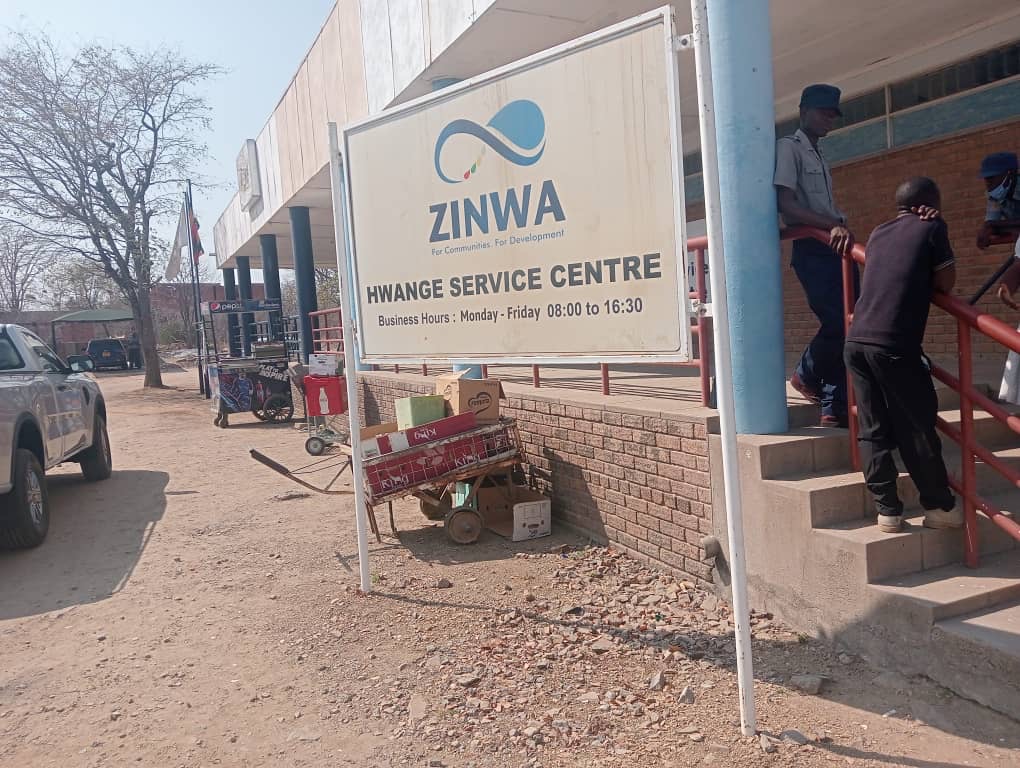BY NOKUTHABA DLAMINI
The scourge of drugs and substance abuse is tearing families apart in the city of Victoria Falls as young people resort to dangerous substances to cope with mounting economic problems.
Victoria Falls, like most urban areas in Zimbabwe, is battling against a surge in cases of drugs and substance abuse, which has seen the government launching various programmes to curb the crisis.
Eslina Sibanda, a Mkhosana resident whose son was forced to drop out of college due to drug addiction, narrated her heart-rending ordeal in an interview with NewsHub.
“He was a bright student, but then he started experimenting with mbanje and other substances,” Sibanda said.
“Before we knew it, he was hooked. We tried to get him help, but it was too late.
“He dropped out of college and he now struggles to find a job.”
According to the Zimbabwe National Statistics Agency, approximately 750 000 people in Zimbabwe use cannabis, while 150 000 use other illicit drugs.
The same report noted that 14.6 percent of males and 5.6 percent of females aged between 15 and 65 years engage in hazardous or harmful drinking.
In a dramatic event that gripped Victoria Falls last November, 82 year-old Paul Siangapi was forced to take his son, Wonder, to court after he attempted to stab a family member in a drug-fuelled rage.
Siangapi pleaded with the magistrate to send his 40year-old son to jail for years, saying after the death of his mother, almost a decade ago, he started smoking cannabis (mbanje) and abusing alcohol.
He said Wonder became abusive even to his grandchildren as a result of drug abuse.
The magistrate subsequently ruled that he must be referred to the Mlondolozi Mental Health Prison in Bulawayo where he is being treated for his addiction together with seven others from Victoria Falls who were facing charges of committing offences under the influence of drugs.
Siangapi told News Hub from his Chinotimba home that his life had become hell on earth because of his son’s drugs problem.
“He is ok there (in prison),” Siangapi said. “I was always running away from him. He would lock the gate, deprive me of food and, at times, l would sleep in the car outside the gate because of him.”
On 18 February, Information minister, Jenfan Muswere, said the police had arrested 9, 527 people and dismantled 79 illegal drug bases as part of a countrywide crackdown on drug and substance abuse between 1 September 2024 and 31 January 2025.
Muswere told a post-Cabinet briefing that 616 drug suppliers and 8 911 drug users had been arrested during the operation.
The government has also established three new rehabilitation centres for drug addicts in Victoria Falls, Harare and Kwekwe.
The ministry of Health and Child Care notes that substance abuse is a major contributor to mental health disorders, including depression, anxiety, and psychosis.
Mental health experts say a combination of factors that include poverty, unemployment, and lack of access to education and healthcare drive young people into drugs and substance abuse.
“Young people are turning to substances as a way to cope with the stress and uncertainty of their lives,” said Silvester Nyoni, a local psychologist. “We need to address the root causes of this crisis, rather than just treating the symptoms.”
Rufaro Nyakwende, a social worker at the Zimbabwe Civil Liberties and Drug Network, said the impact of substance abuse was far-reaching as affected not only individuals, but also families, communities, and the economy.
“Substance abuse is leading to tracking substance use,” Nyakwende said.
“At the end of the day, people have mental issues such as depression, anxiety, and this leads to interest in another driver of tracking substance use, which is peer pressure. A lot of children experience peer pressure through interactions, observation, learning, and playing.
“People may admire the effects of someone using drugs and end up using those drugs themselves. This is another driver of tracking substance use. When they continue using drugs, it also leads to mental health issues like depression, stress, anxiety, and this is what leads to a high risk of suicide,” added Nyakwende.
She said the community also exerts too much pressure on young people.
“There’s also the issue of social pressures. The community expects certain things from people,” Nyakwende added.
“For instance, by a certain age, you’re expected to have achieved certain milestones, such as having a proper job and a family.
“But when you fail to meet these expectations, it can lead to feelings of inadequacy and low self-esteem, which can contribute to higher rates of suicide.”
The government launched the National Substance Abuse Policy in 2020 as one of the ways to deal with the scourge.
For Nyoni, however, more needs to be done to provide support and resources for those struggling with addiction.
“We need to increase funding for treatment centres, counselling services, and support groups,” he said.
“We also need to raise awareness about the dangers of substance abuse and provide education and job training programs for young people.”
SOURCE: NEWS HUB

 Slider3 years ago
Slider3 years ago
 National4 years ago
National4 years ago
 Opinion3 years ago
Opinion3 years ago
 Tourism and Environment4 years ago
Tourism and Environment4 years ago
 National2 years ago
National2 years ago
 National3 years ago
National3 years ago
 National2 years ago
National2 years ago
 National4 years ago
National4 years ago



